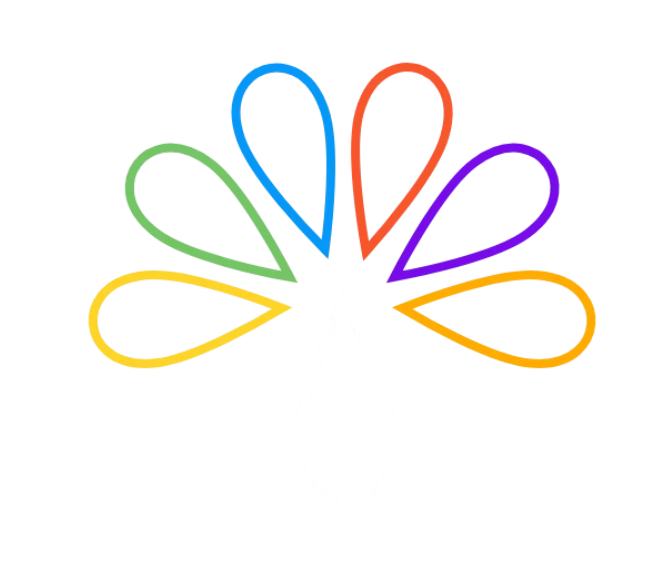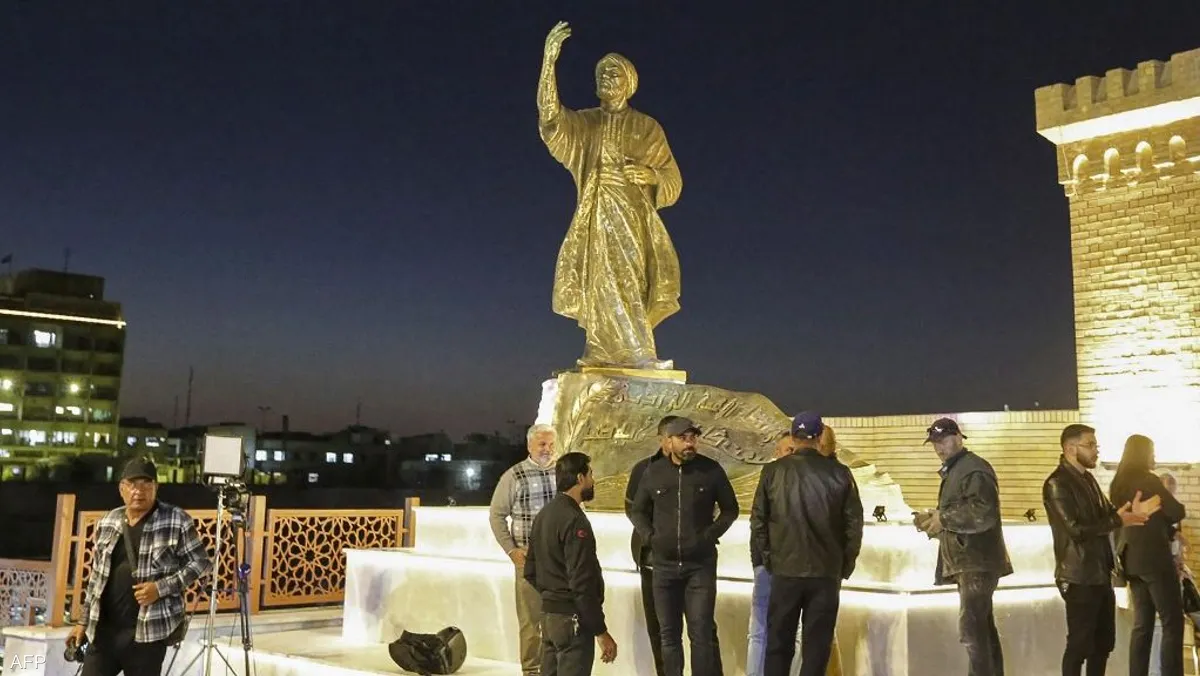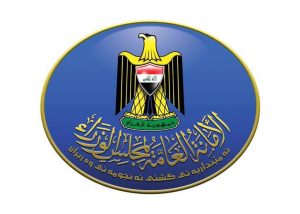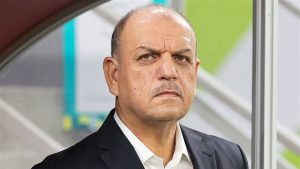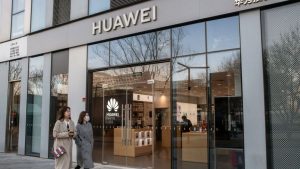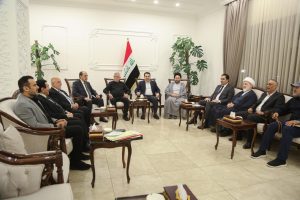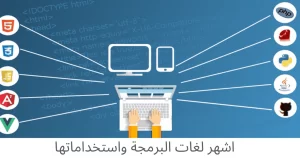Iraq announced during a conference in Baghdad on Saturday, which brought together officials from neighboring countries, a project for a land route and a railway line linking the Gulf to the Turkish border. Through this, Iraq aspires to become a primary corridor for transporting goods between the Middle East and Europe.
The project—estimated by the Iraqi government to cost around $17 billion and span 1,200 km within Iraq—is still in its early stages.
Baghdad aims to implement this project in cooperation with Qatar, the UAE, Kuwait, Oman, Jordan, Turkey, Iran, and Saudi Arabia. Representatives from their transport ministries were invited to Baghdad on Saturday to participate in the announcement conference.
In his opening remarks, Prime Minister Mohammed Shia’ al‑Sudani said, “We see in this sustainable project a pillar for a non‑oil sustainable economy and a hub that serves Iraq’s neighbors and the region, contributing to efforts toward economic integration.”
According to a statement from the Parliament’s Transport and Economy Committee, carried by the Iraqi News Agency, the project will be “an investment opportunity for the participating countries, each of which can complete a section.”
The statement noted that the project is expected to be completed within three to five years, and that the investment mechanism will be discussed after the conference with the participating countries.
Iraq—despite its oil wealth—suffers from dilapidated infrastructure and roads due to decades of war and widespread corruption, according to AFP.
Some roads linking Baghdad to the north pass through areas where ISIS cells remain active.
The prime minister has made rehabilitating transport infrastructure, roads, and the decrepit electricity sector a priority for his government.
Named the “Road of Development,” the project leverages Iraq’s geographic position to become a transit point for goods and trade between the Gulf and Europe.
Work is already underway to rehabilitate Faw Port in southern Iraq—adjacent to the Gulf states—which will serve as the main terminal for receiving goods before overland transport.
The project also aims to build 15 freight and passenger rail stations along the line, starting in Basra, passing through Baghdad, and ending at the Turkish border.
Iraq announced during a conference in Baghdad on Saturday, which brought together officials from neighboring countries, a project for a land route and a railway line linking the Gulf to the Turkish border. Through this, Iraq aspires to become a primary corridor for transporting goods between the Middle East and Europe.
The project—estimated by the Iraqi government to cost around $17 billion and span 1,200 km within Iraq—is still in its early stages.
Baghdad aims to implement this project in cooperation with Qatar, the UAE, Kuwait, Oman, Jordan, Turkey, Iran, and Saudi Arabia. Representatives from their transport ministries were invited to Baghdad on Saturday to participate in the announcement conference.
In his opening remarks, Prime Minister Mohammed Shia’ al‑Sudani said, “We see in this sustainable project a pillar for a non‑oil sustainable economy and a hub that serves Iraq’s neighbors and the region, contributing to efforts toward economic integration.”
According to a statement from the Parliament’s Transport and Economy Committee, carried by the Iraqi News Agency, the project will be “an investment opportunity for the participating countries, each of which can complete a section.”
The statement noted that the project is expected to be completed within three to five years, and that the investment mechanism will be discussed after the conference with the participating countries.
Iraq—despite its oil wealth—suffers from dilapidated infrastructure and roads due to decades of war and widespread corruption, according to AFP.
Some roads linking Baghdad to the north pass through areas where ISIS cells remain active.
The prime minister has made rehabilitating transport infrastructure, roads, and the decrepit electricity sector a priority for his government.
Named the “Road of Development,” the project leverages Iraq’s geographic position to become a transit point for goods and trade between the Gulf and Europe.
Work is already underway to rehabilitate Faw Port in southern Iraq—adjacent to the Gulf states—which will serve as the main terminal for receiving goods before overland transport.
The project also aims to build 15 freight and passenger rail stations along the line, starting in Basra, passing through Baghdad, and ending at the Turkish border.
